At a roundtable discussion titled Cultural Diversity and Preservation held during the 34th Balvanyos Summer Free University and Student Camp (Tusvanyos), Balazs Hanko highlighted the provision of the agreement that recognizes national minorities in both countries as integral parts of society and affirms that their cultural support must be ensured by all available means. According to the minister, this represents a historic step — one that affirms our culture and identity, and also integrates it into our everyday lives.
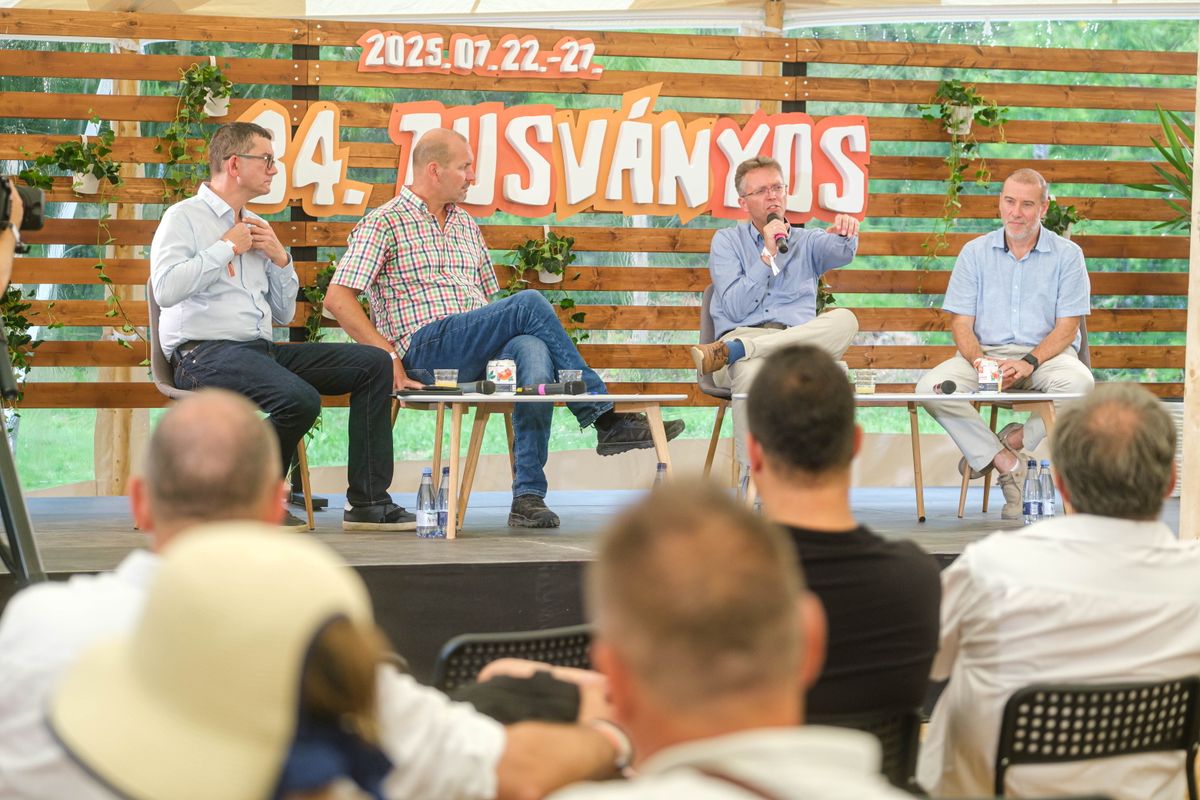
The cooperation between the two ministries will cover the period from 2025 to 2030,
– the minister said. Andras Demeter, head of Romania’s Ministry of Culture, emphasized that culture is not born in institutions; the state can only provide a framework and tools to support it.
He added that the thoroughly reconsidered cultural framework agreement is scheduled to be signed this fall. Mr. Demeter remarked that, whether we like it or not, culture connects us in the Carpathian Basin.

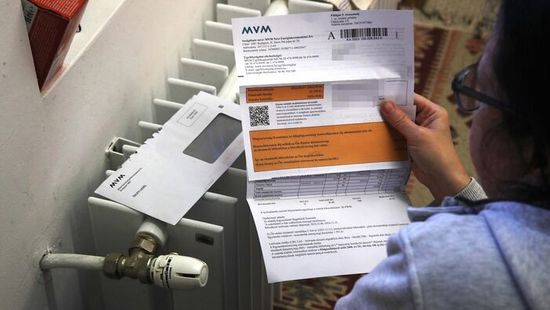
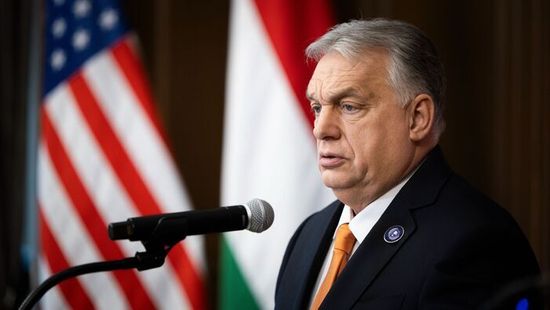
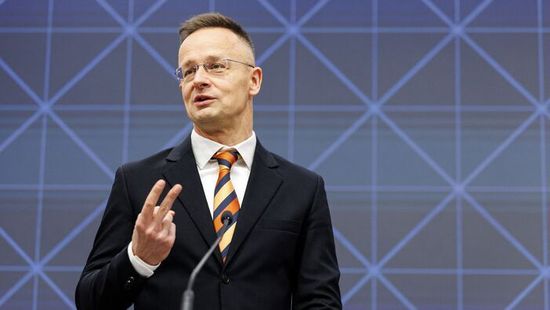
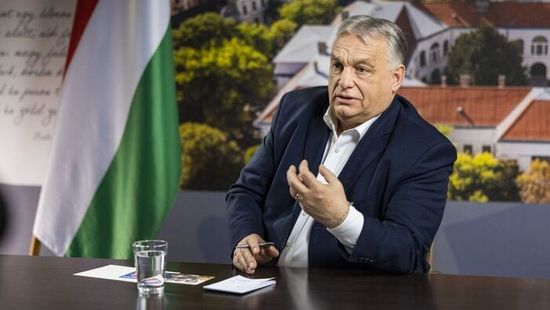

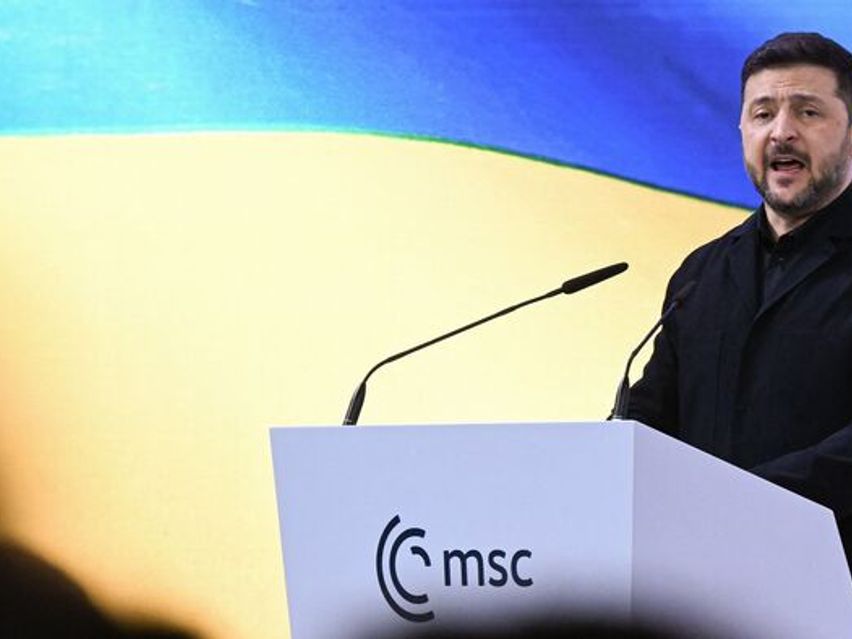
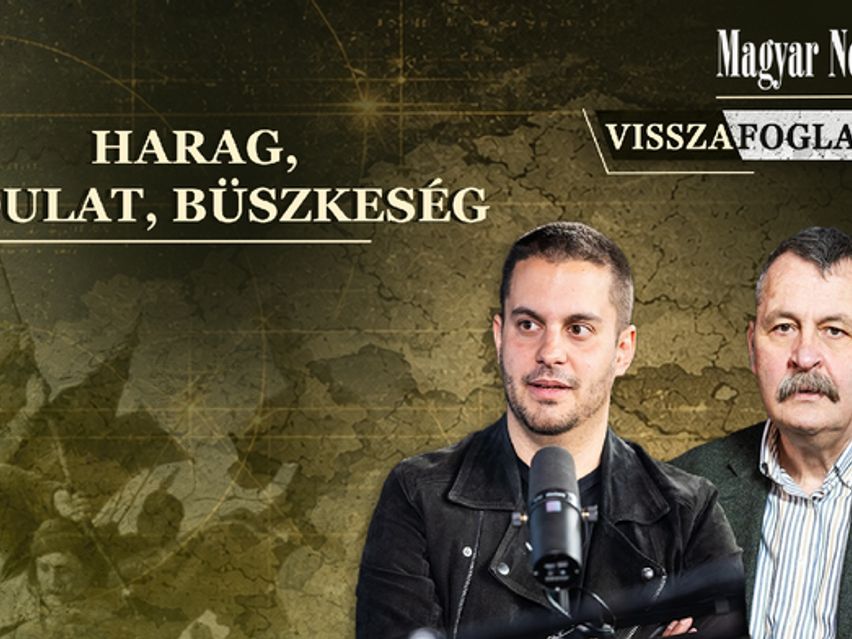
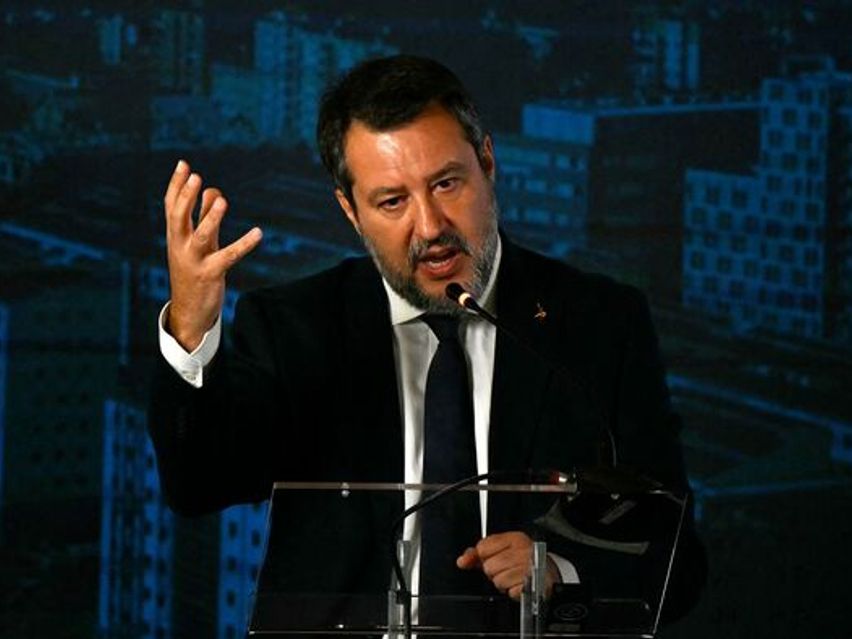
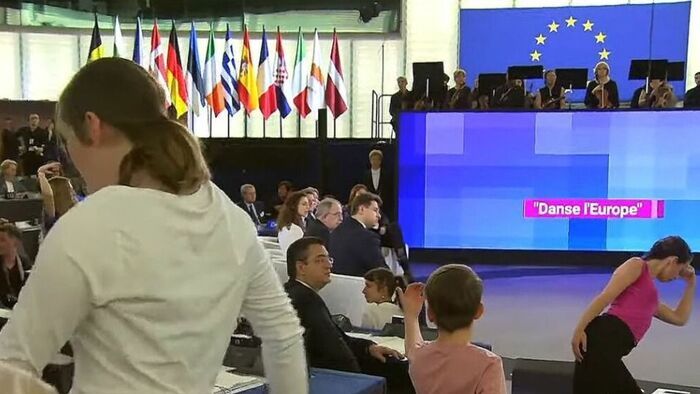

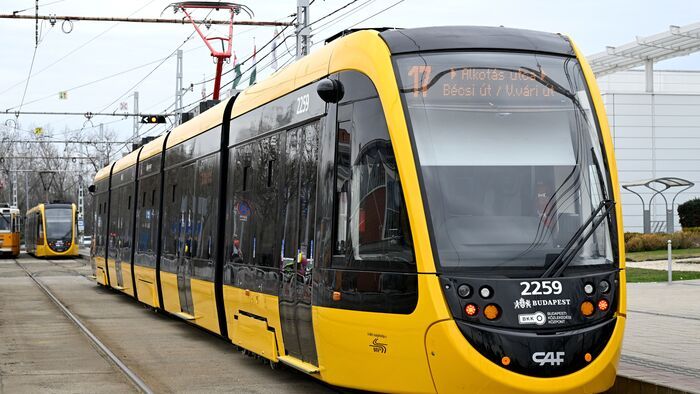


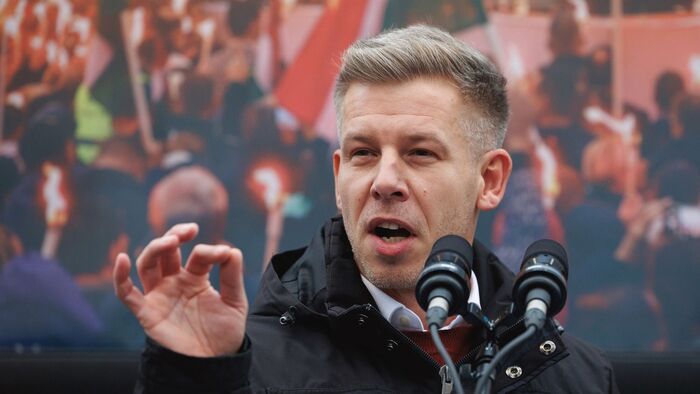

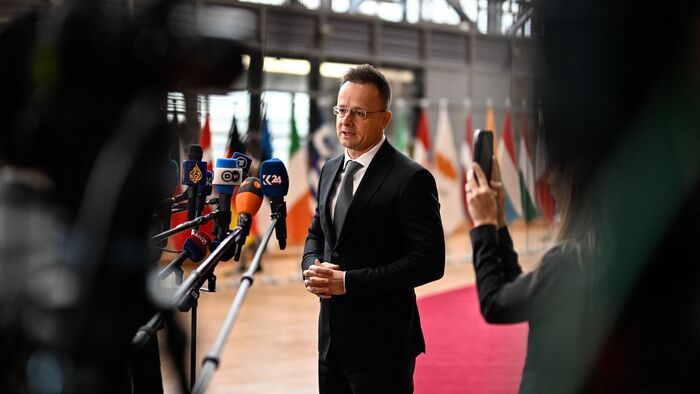






Szóljon hozzá!
Jelenleg csak a hozzászólások egy kis részét látja. Hozzászóláshoz és a további kommentek megtekintéséhez lépjen be, vagy regisztráljon!